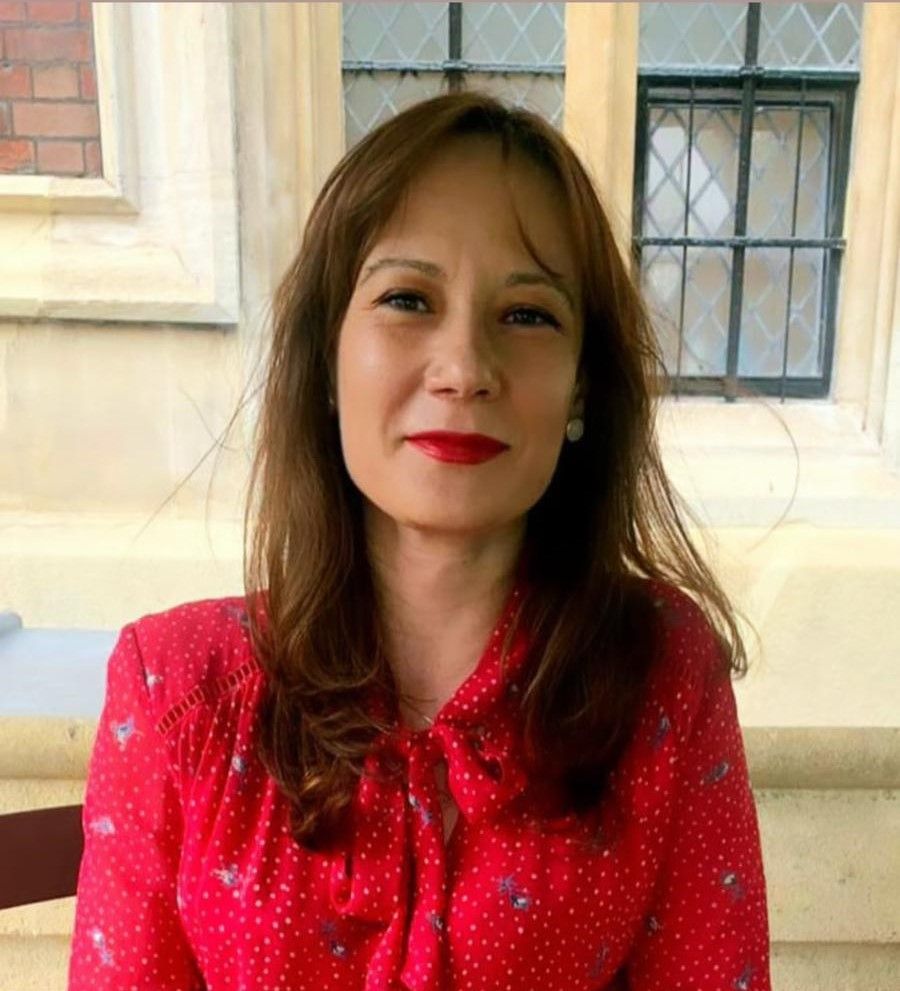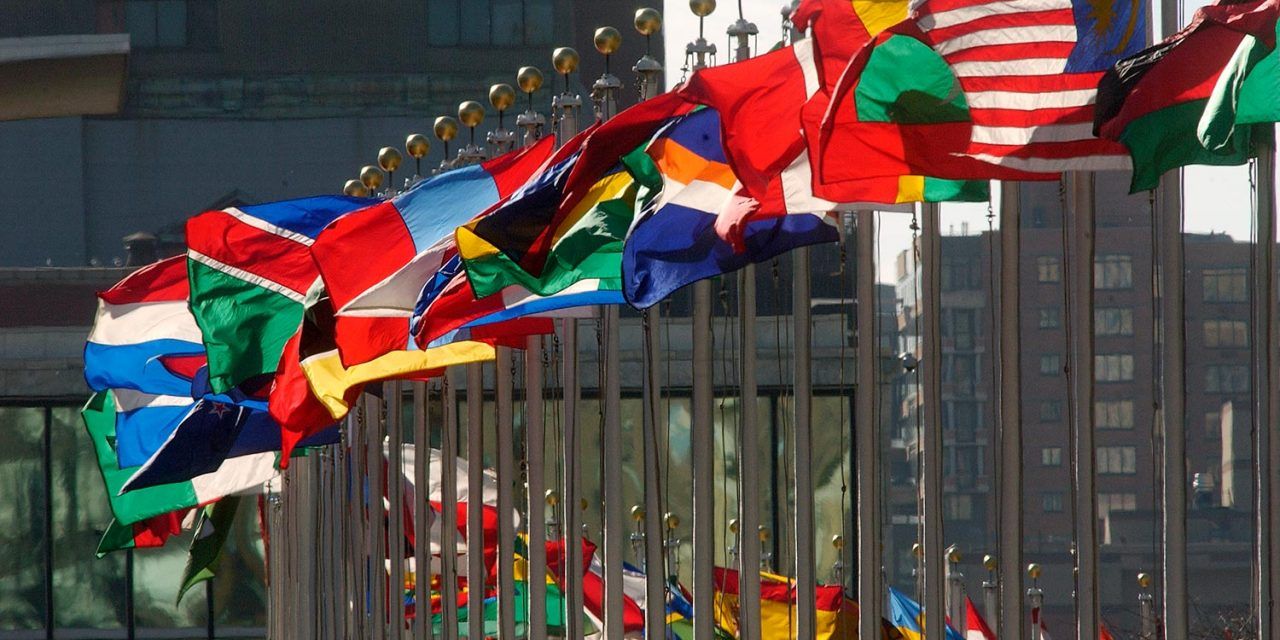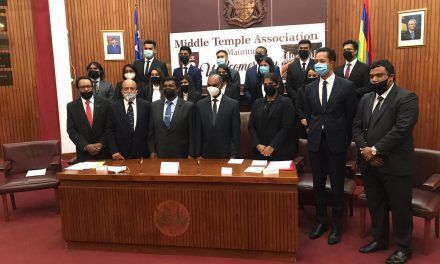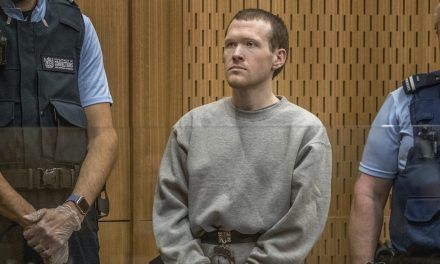Last year, I was appointed by the President of the United Nations Human Rights Council, upon the approval of its 47 Member States, as one of the five independent experts on the Expert Mechanism on the Right to Development. I currently hold the chair of that mechanism and I carry out my work alongside my practice at the Bar. The purpose of this three-year mandate is to advise the UN Human Rights Council on how to give practical effect to the Right to Development at a global level and to help states move from mere rhetoric towards making the Right to Development a reality. Perhaps unsurprisingly, this has made me reflect on my own personal journey from Albania to the English Bar, issues of access and lastly, the ways in which the English Bar can effectively contribute to global issues.
I was born and grew up in Tirana, the capital of Albania, during the era of communism, the demise of which was quickly followed by the beginnings of a pluralist democracy and a market economy. That transition was difficult and the country was poor and politically unstable. However, there were many successes in Albania’s attempts to leave behind its iron-fist dictatorship, one of which was a new openness to the West and the pouring in of foreign literature. It was amid those changes that, one day, reading a children’s book on the Tudors, I decided at the age of 13 that I wanted to go to the UK to study. It was a beautifully illustrated book, with magnificent castles and beautiful old churches, as well as portraits of imposing, if rather brutal, political figures. The exotic display of sophistication, darkness and complex humanity were enough for me as a curious teenager to become completely enamoured of the country. That was despite the grim reality that I appeared to have no way of travelling to, let alone living and studying in, the UK. But, as luck would have it, six years later, with the help of several people, one of whom was David Keating, an English solicitor who at the time chaired the Anglo-Albanian lawyers’ association, I secured a scholarship to study law at De Montfort University in Leicester. Books and bus tickets were paid for by charitable donations of private individuals who were kind enough to support several Albanian students in the UK at the time. When I arrived in the UK, the culture shock was considerable. I had never visited the country before and I had only been abroad once before, to Budapest as a teenager for a youth conference at which I had spoken fervently on the protection of the environment. But the reality of being a foreign student, studying foreign law in a foreign language, was very different. Having no family in the UK and being exposed for the first time to the English weather, did not help either. In fact, the romantic allure of Tudor England was almost annihilated.
Nevertheless, I persevered, and was pleasantly surprised to find that the focus of the course was on how to think and less on rote-learning. Following my three years in Leicester, I moved to London where I studied for an LLM in Public International Law. Although I was enrolled with Queen Mary University, at that time the LLM course was intercollegiate, which allowed me to take a couple of courses at the LSE. It was there that I first met Master Christopher Greenwood, another Middle Templar, as I later discovered. Transfixed by his oral advocacy and clarity of thought, the 09:00 Tuesday lectures in United Nations Law turned out to be an immense treat rather than the anticipated chore following a long tube journey to Holborn in rush-hour. I was convinced that what made those lectures so special was the fact that they were delivered by a barrister in a practical, engaging and yet analytical manner. It is then that I started thinking about the Bar. Despite considerable hesitation and doubts, and several internships later in Strasbourg and London, I finally enrolled at Bar school. The requirement that you had to register with one of the Inns was a curious and unfamiliar concept to me but one for which I was later very grateful. I picked Middle Temple simply because the only barrister I knew was Master Greenwood, who recommended Middle Temple and kindly wrote my letter of recommendation to the Inn. At the time, I felt welcomed by everybody, but especially by Christa Richmond whom, if memory serves correctly, was the first person I met at the Inn. As we all know, Bar school can be an intense affair, so I often retreated into the beautiful library where I could hear myself think and work, something that I still do, the pandemic permitting. Later, I was lucky enough to secure a pupillage and even luckier to be able to live in one of the Inn’s flats on Middle Temple Lane as part of a scholarship, which was a very short walk from the chambers where I was doing pupillage. I experienced first-hand the significant support that aspiring barristers can get from the Inns.
My journey to pupillage and tenancy was far from effortless but on the other hand it was faster than those of some of my contemporaries at Bar school who came from the affluent English middle-classes. I think it fair to say that it is to the credit of the Bar that there were at least some members who had the flexibility, imagination and broad-mindedness to welcome someone of my less than traditional background. Nevertheless, the more time I spent at the Bar and tried to build a practice, and in the last eight years as a working mother, the more apparent it became to me that the quest for inclusivity does not stop at the door of tenancy. Nobody disagrees that diversity and social mobility are essential to a truly inclusive and modern Bar. However, rhetoric and an attempt to create rigid categories deserving of support are not enough and can at times be counterproductive. My own experience has shown me that discrimination and lack of inclusivity are nuanced phenomena, that apply beyond distinct categories of gender, class and colour to a more generic lack of privilege. Whilst I do not think there is a hierarchy of marginalised groups, dictating in what order of priority they should be supported, it is my view that lack of privilege is a complex issue, which is harder to grapple with and can at times clash with other categories. The need for lateral thinking in this regard can be seen by what currently attracts the attention of media and social media when dealing with issues of access and retention at the Bar. A great deal more thought needs to go into how to enable people from underprivileged backgrounds to become truly competitive in the profession, so that allowing them access is not seen as a mere act of charity or toleration.
Having said all that, it is because I was allowed access to the Bar and received meaningful support, at a time when perhaps the Bar was not as well versed on these issues as it is now, that I was able to build a practice including international elements. After 11 years of tenancy, I found myself a United Nations mandate holder with an immense sense of responsibility and an ability to influence global politics and human rights. Since my chairmanship, our mandate led a call at the UN Human Rights Council, which was joined by several UN Special Rapporteurs, to all WTO members to agree to temporary TRIPS waivers, to allow for, amongst other things, cheaper and larger production of vaccines so that people all around the globe could have equitable access to vaccines. This is an approach that was subsequently embraced by the USA and President Biden. I later chaired a three-day annual session for the work of our mandate at the United Nations General Assembly with over 140 participants, including ambassadors from countries all over the world. The work continues and I am leading a study on Sustainable Development, the Right to Development and International Investment Law, which will be presented to the Human Rights Council in 2023, and as part of which I liaise with states, private stakeholders, civil society and international financial institutions.
Before the UN mandate I did other international work. For example, I was fortunate enough to be involved with the Slynn Foundation which did excellent work on legal reform in Albania, where my language skills and cultural heritage, as well as legal skills, could be put to good use.
In 2018, I was also given the opportunity to negotiate, on behalf of the Albanian government, a draft treaty on business and human rights at the United Nations Human Rights Council in Geneva.
Separately, and since my mandate began, two other lawyers from London and Prishtina, along with myself, set up the Balkan Arbitration Conference; the first truly inclusive conference of its kind, where the President of Kosovo, an arbitration expert in her previous life, is one of the speakers. We hope to make it an annual event, and this year it took place virtually on Wednesday 5 to Friday 7 July 2021. None of the above would have been possible if I had not been inspired and supported in my journey at the English Bar and at the same time nurtured the connections with my country of origin. Being a barrister with an Albanian background has enabled me to contribute to the rule of law in the Balkans and now to global politics and human rights issues through my UN mandate. In doing so, I am merely following a long-established tradition of the English Bar which has for decades contributed to those fields worldwide, building long-lasting connections with the international legal community. Perhaps there is scope to further grow and promote this function of the Bar by, where possible, using the cultural heritage of its members not only to increase diversity and inclusivity at home but also to raise standards globally.

Klentiana Mahmutaj is a barrister at Red Lion Chambers and specialises in white-collar crime, human rights and international arbitration. She also holds a UN mandate as an independent expert on the Expert Mechanism on the Right to Development. Klentiana was previously an elected member of the Hall Committee and the International-Sub Committee.





